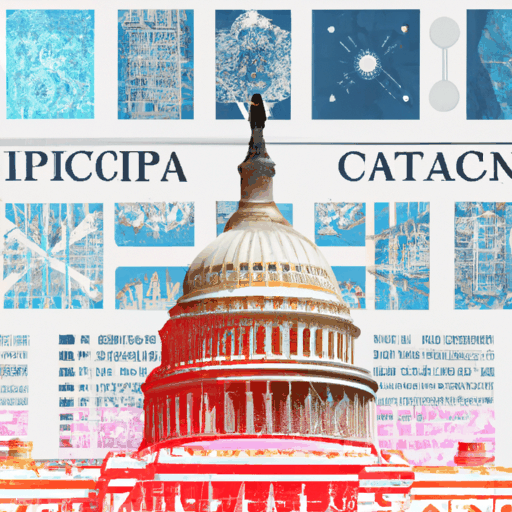
GENIUS Act: A Potential Game-Changer for Stablecoins and the US Financial System
By: Eva Baxter
As the GENIUS Act edges closer to becoming a crucial component of the United States legislative framework, it has become the center of significant debate. This bill, aiming to regulate stablecoins within the U.S. financial system, is due for a final vote in the Senate. Prominent political figures, like Senator Elizabeth Warren, have raised concerns about potential loopholes in the legislation which may grant technological giants and major retailers the power to launch private digital currencies disguised as stablecoins. This scenario could create an uneven playing field and might necessitate taxpayer bailouts. Notably, companies like Amazon and Walmart have previously shown interest in exploring this financial avenue, adding urgency to the discourse.
Despite Warren's apprehensions, proponents of the law argue that the GENIUS Act has stringent measures to prevent unauthorized activities by non-financial entities. The Act mandates full reserve backing for stablecoins, rigorous monthly audits, and comprehensive compliance with anti-money laundering protocols. It bars major non-financial tech companies from issuing such tokens directly, demanding instead that they work alongside regulated financial entities, providing the necessary safeguards to protect the market from undue influence.
The significance of the Act extends beyond regulation and oversight as Treasury Secretary Scott Bessent suggests it can serve as a potent debt relief mechanism. By allowing stablecoins to bolster demand for short-term US Treasuries, the federal borrowing costs could reduce, subsequently tempering the national debt growth. The GENIUS Act requires high-quality liquid assets as reserves to back stablecoins, contributing to a stable financial ecosystem while aligning with fiscal standards.
With its final Senate vote poised for later today, the outcome of the GENIUS Act will determine whether it will move forward to the House of Representatives or face further debate. Experts have hinted at bipartisan support favoring its passage, highlighting that the Act could lay down a comprehensive rulebook for stablecoin regulation and fortify the U.S. dollar's global dominance.



